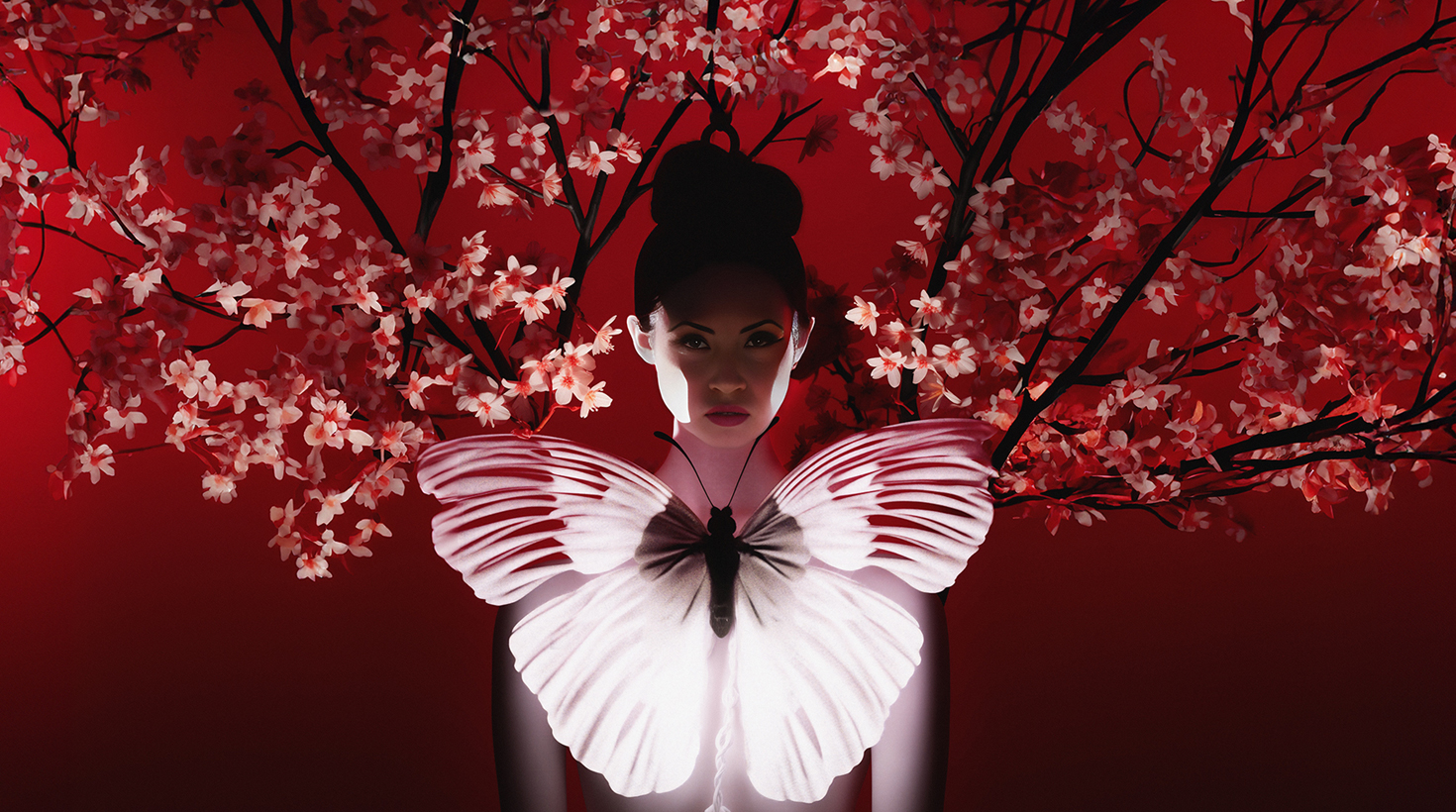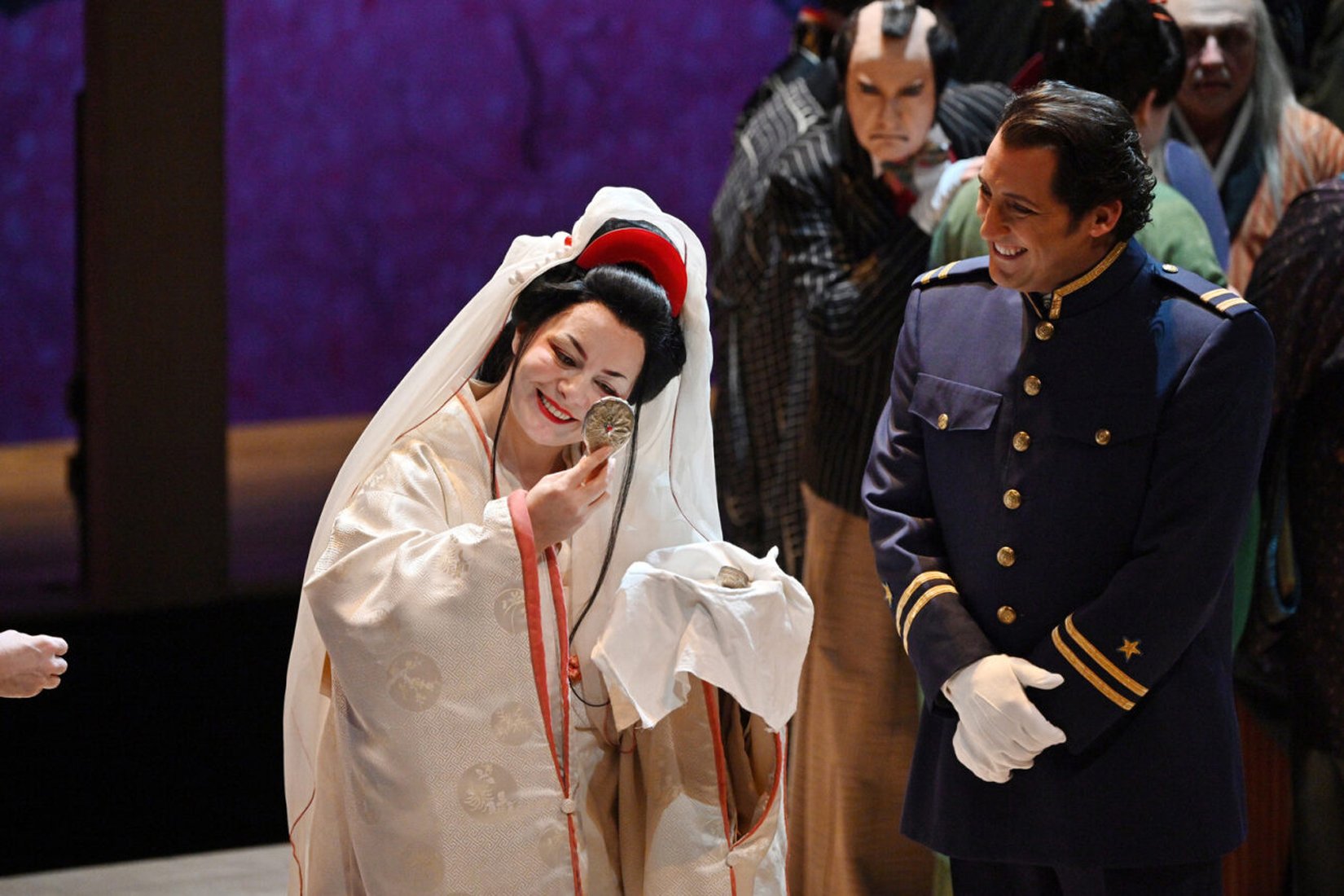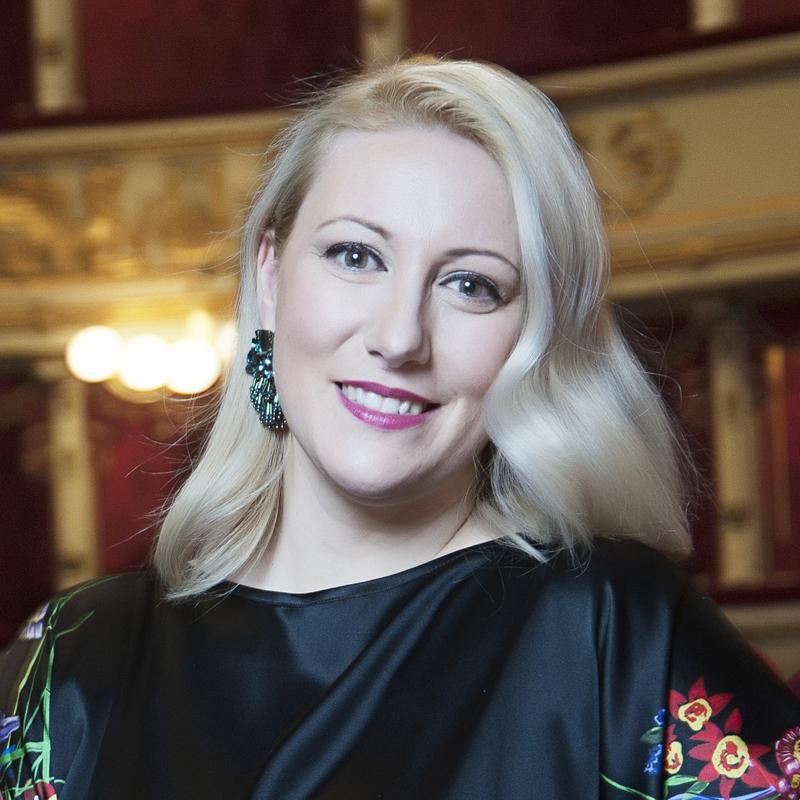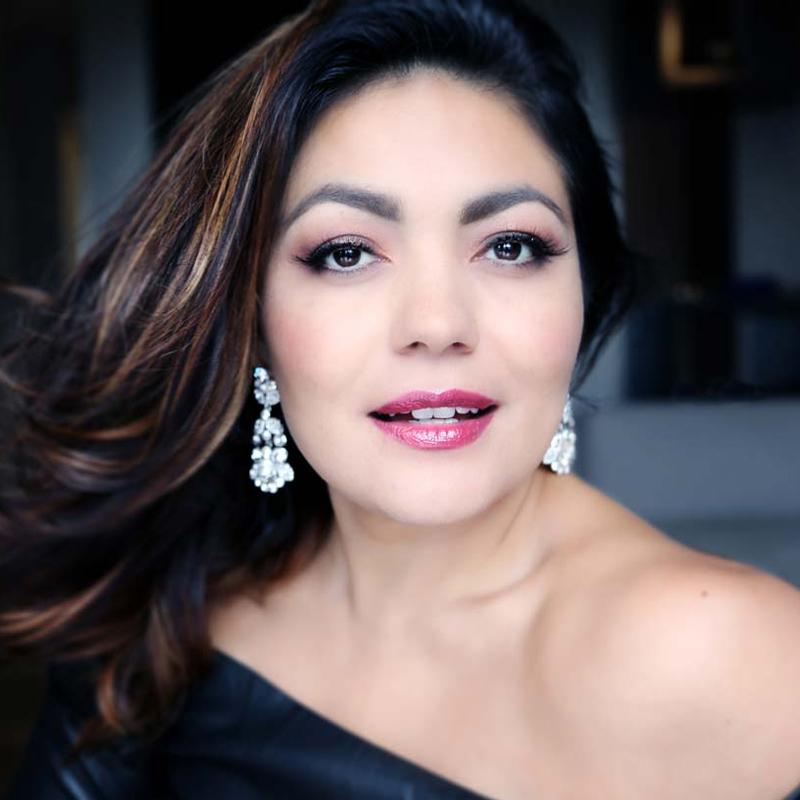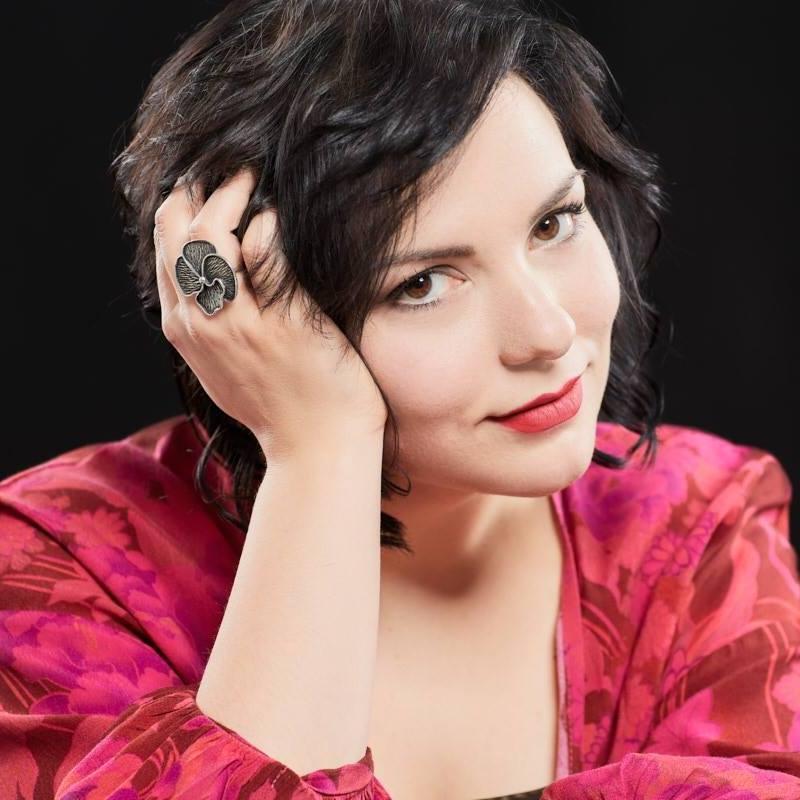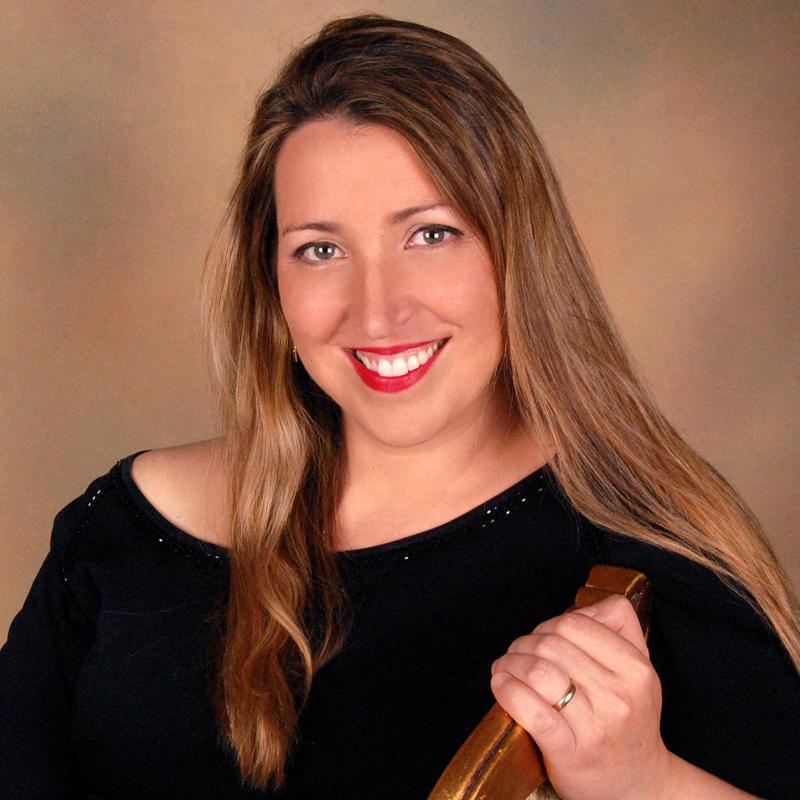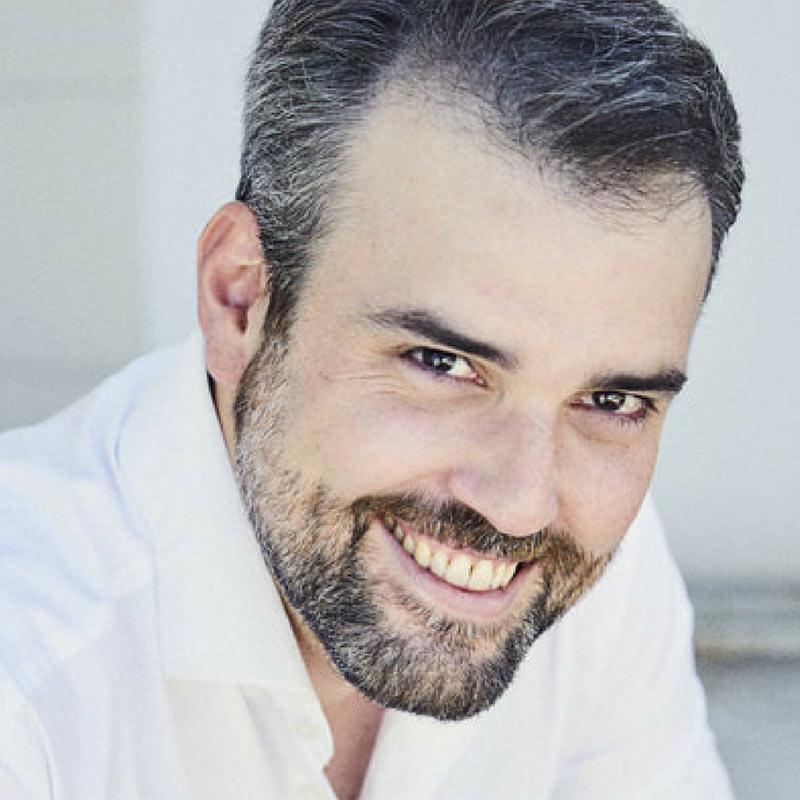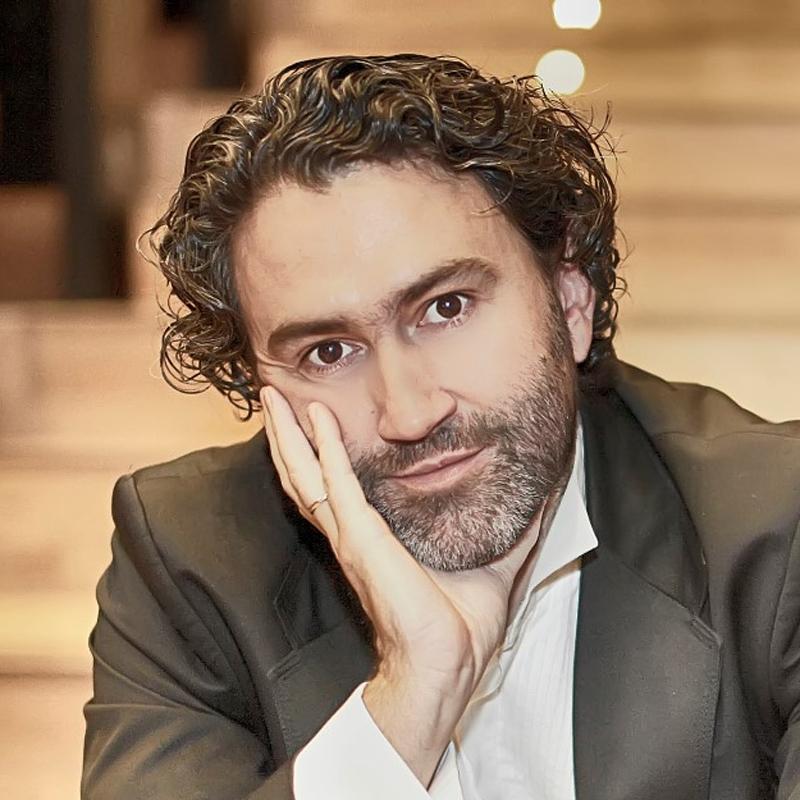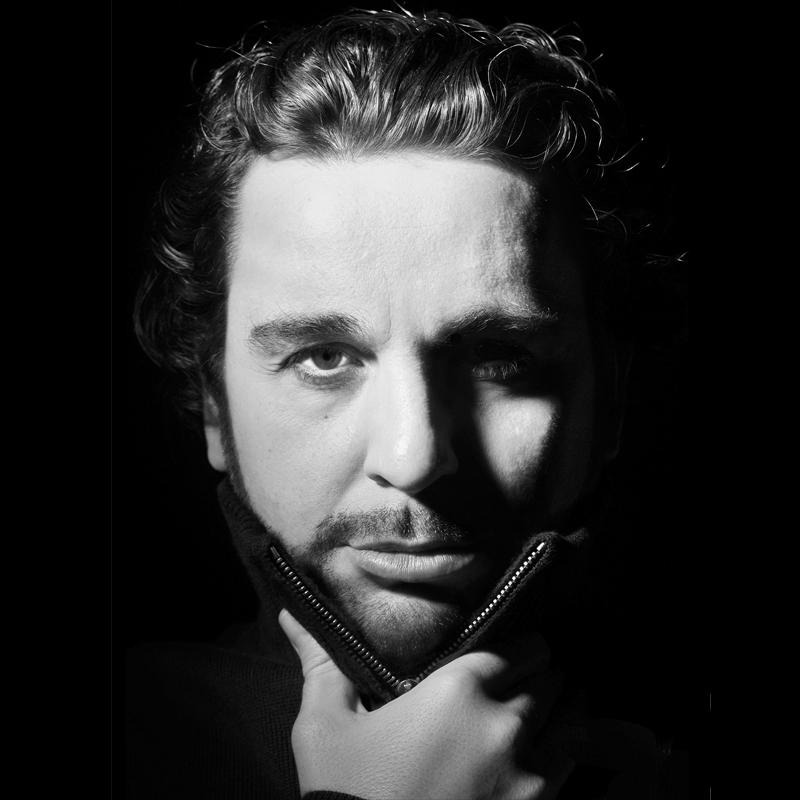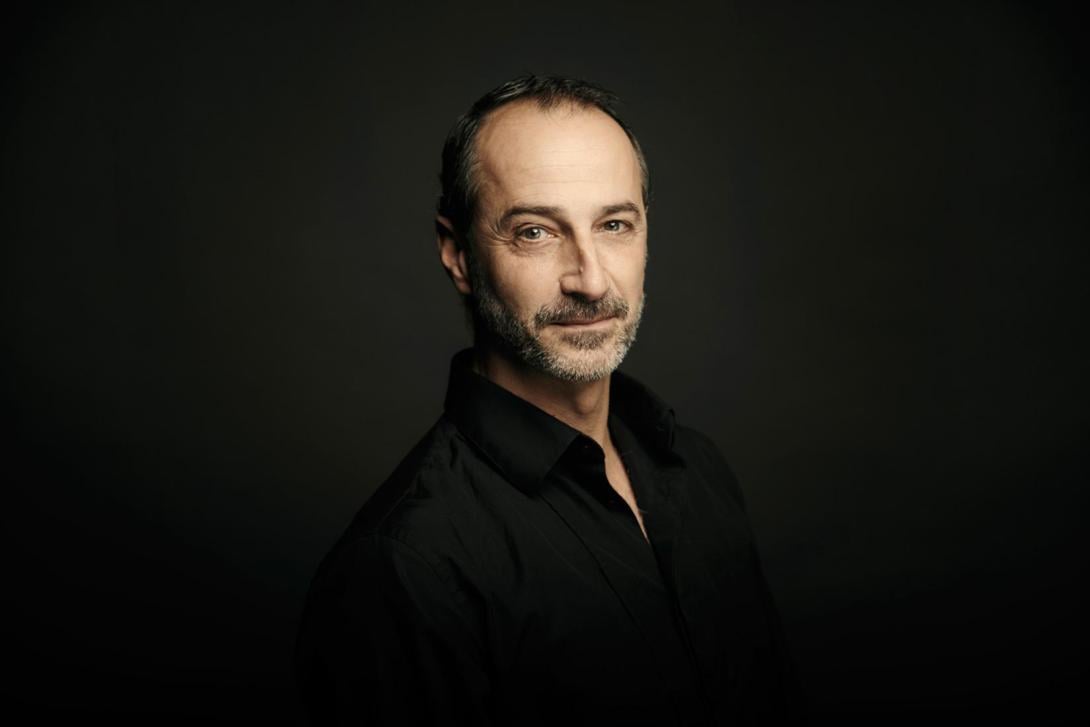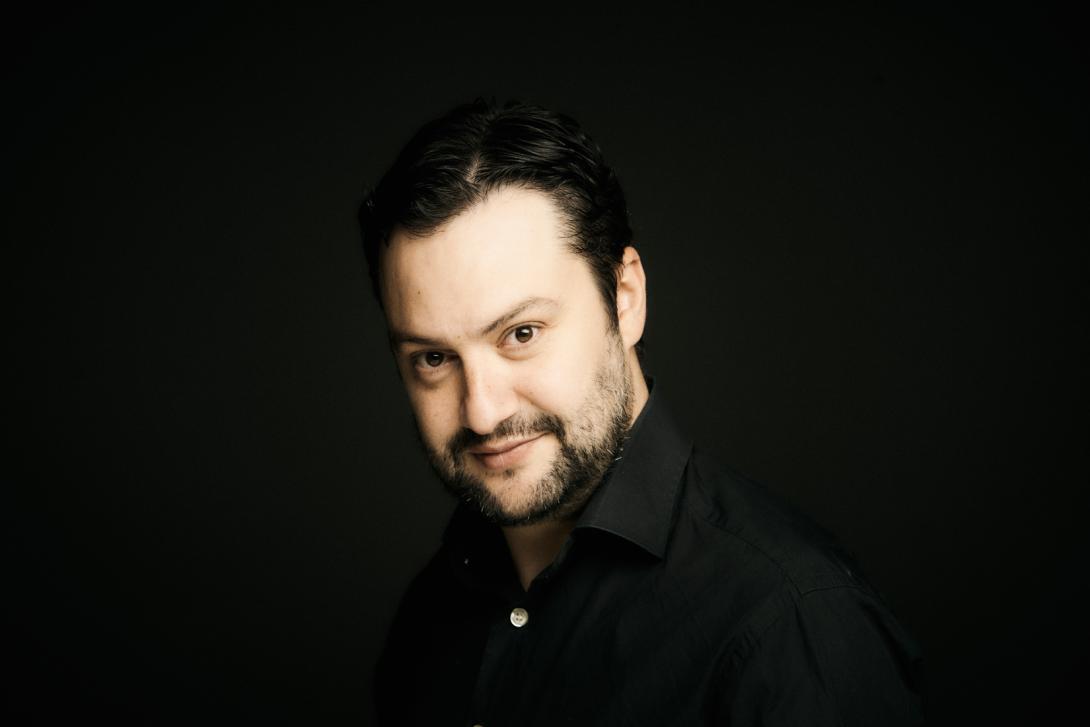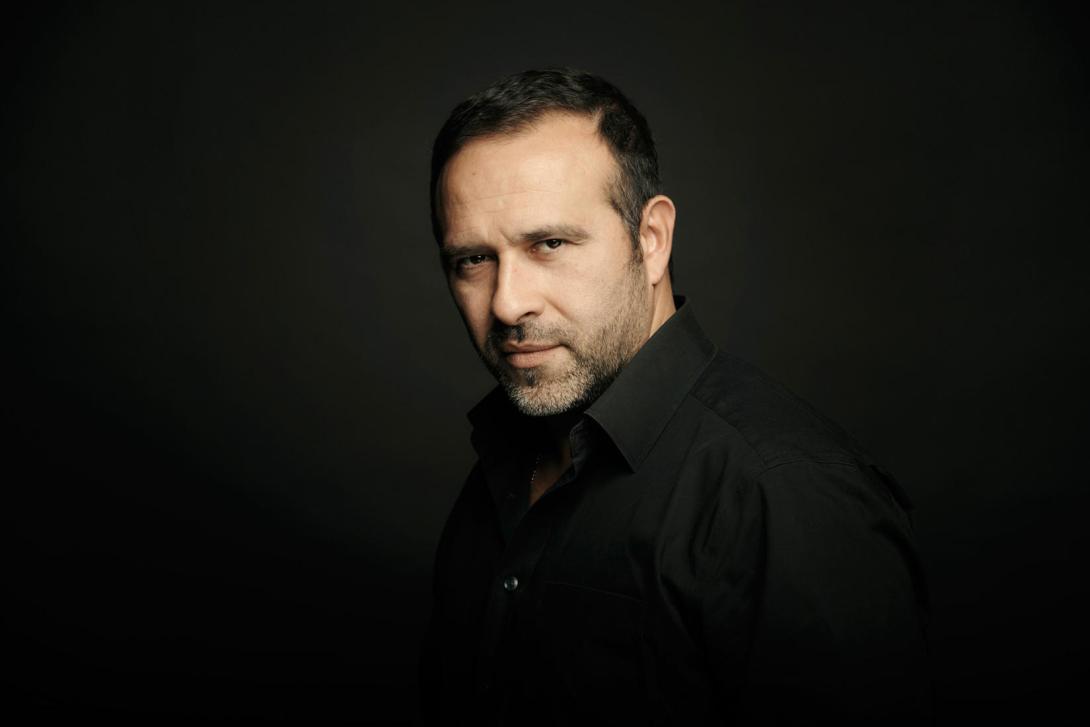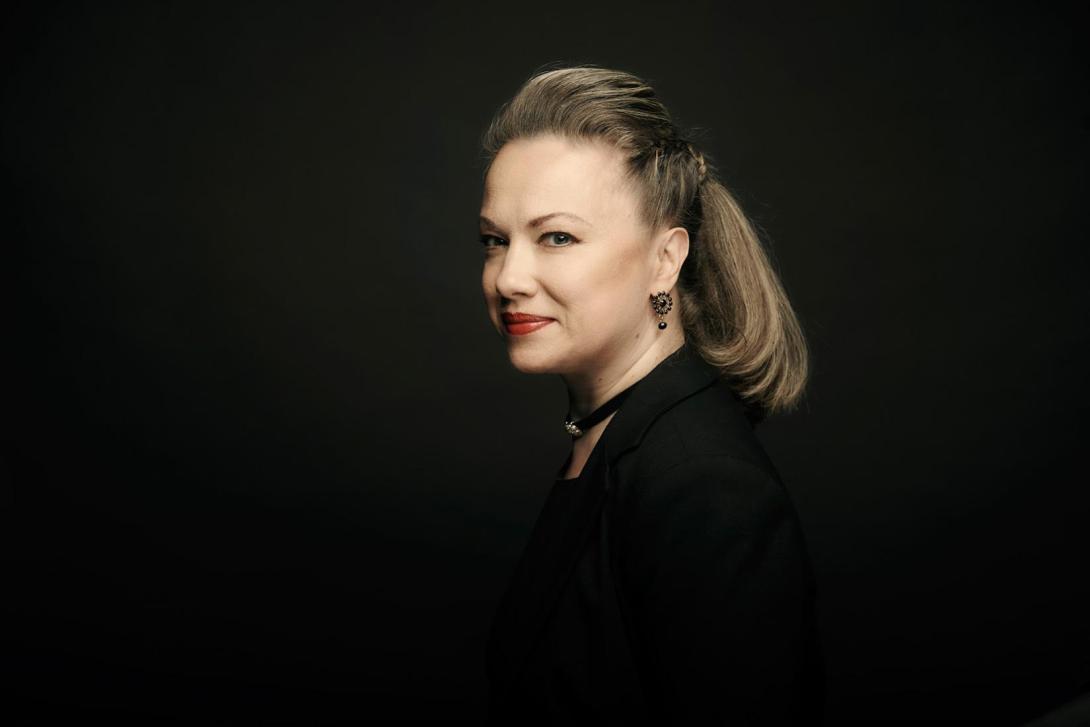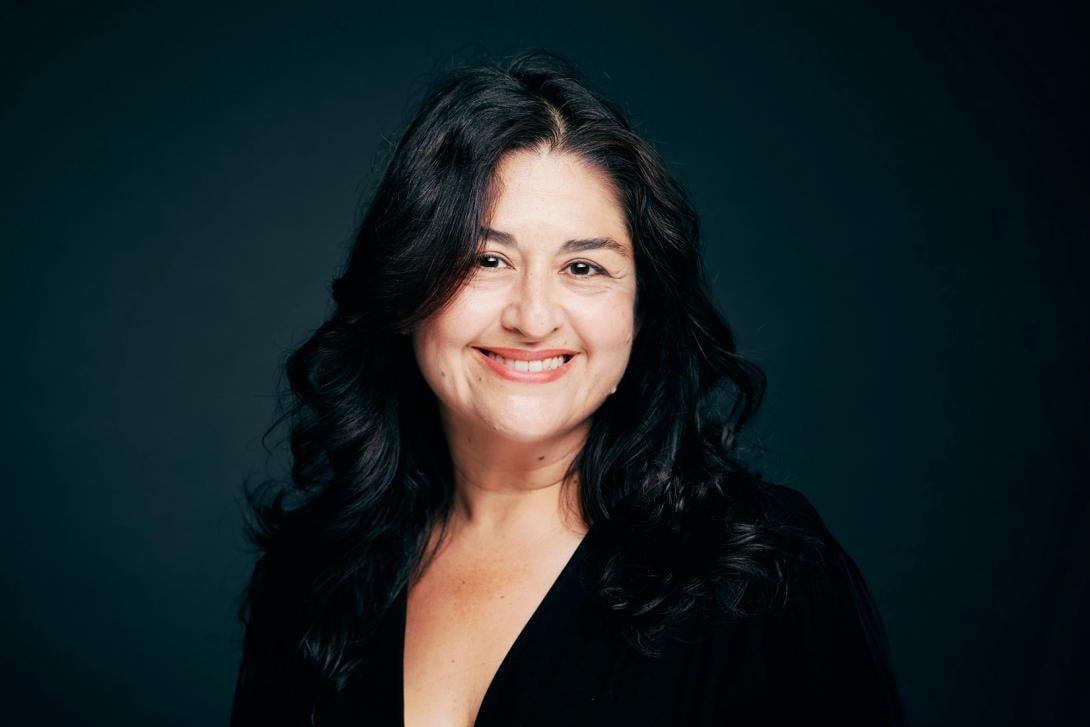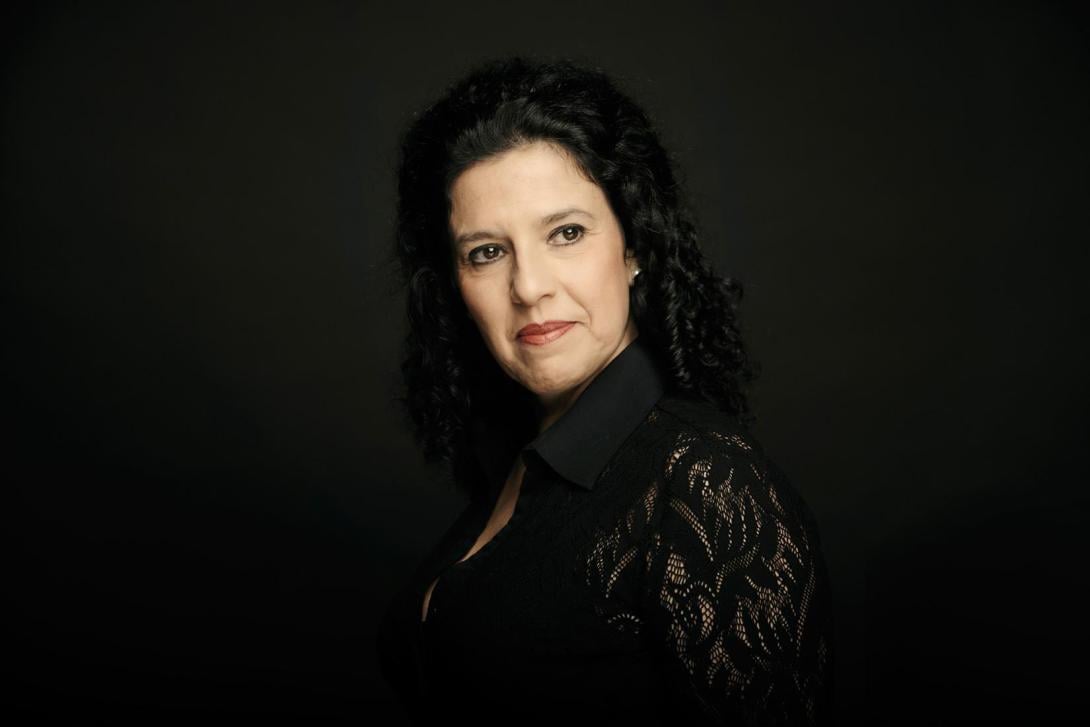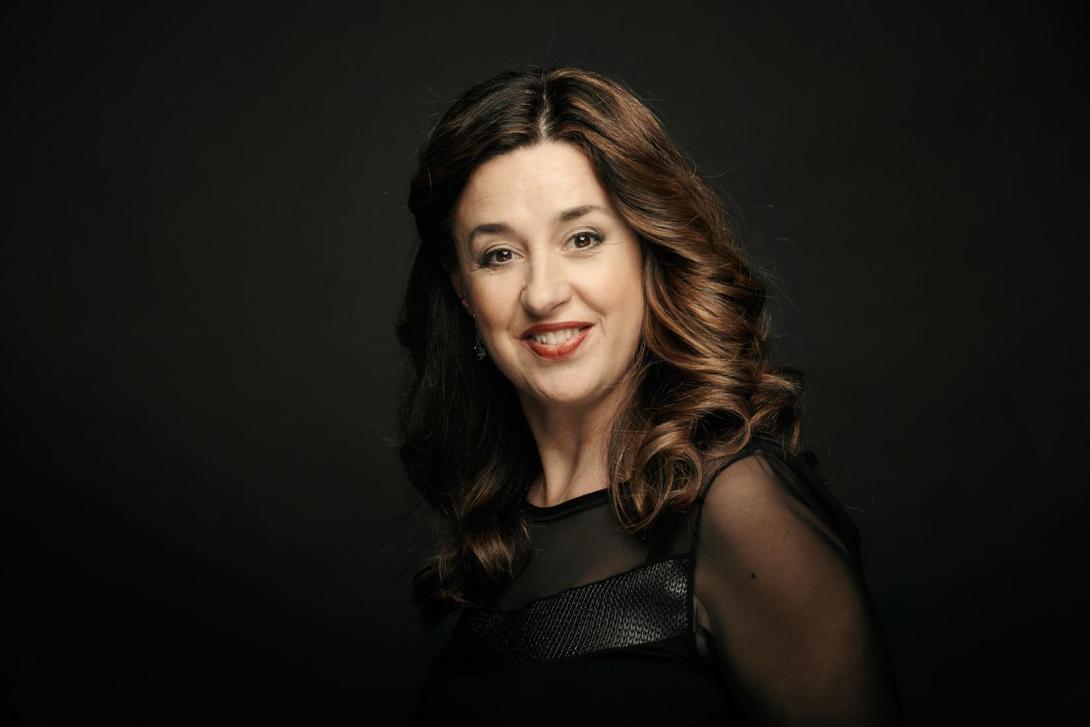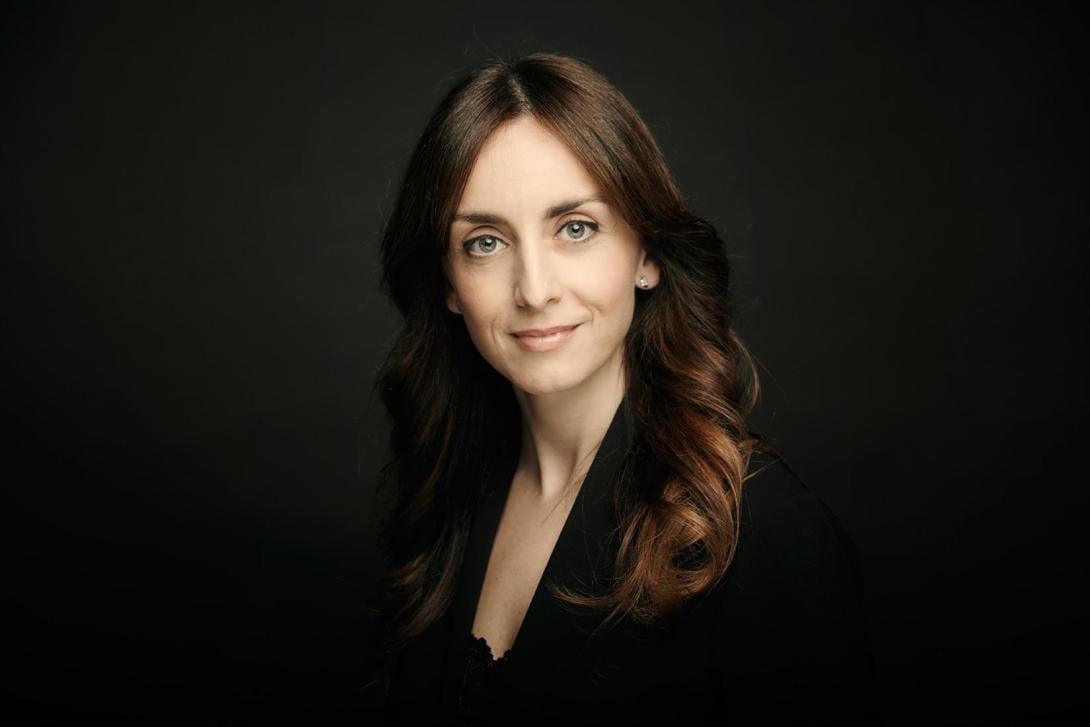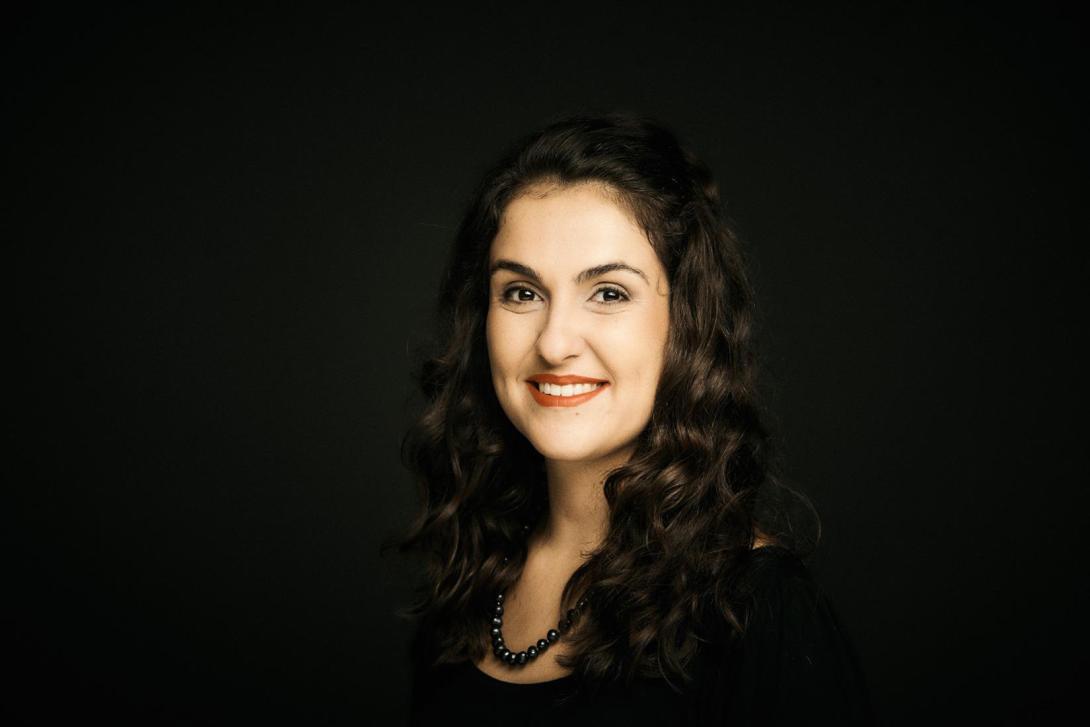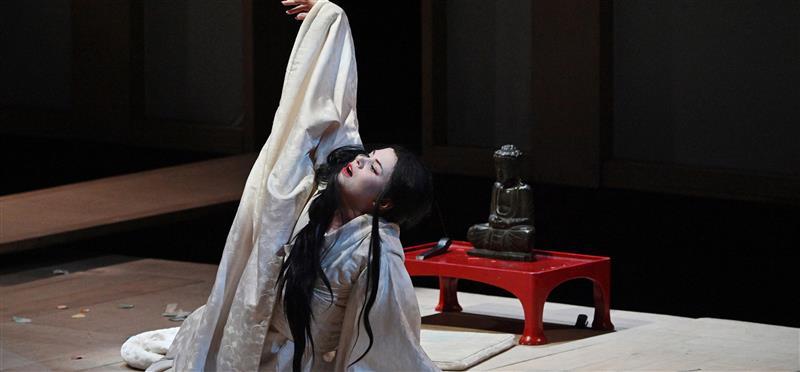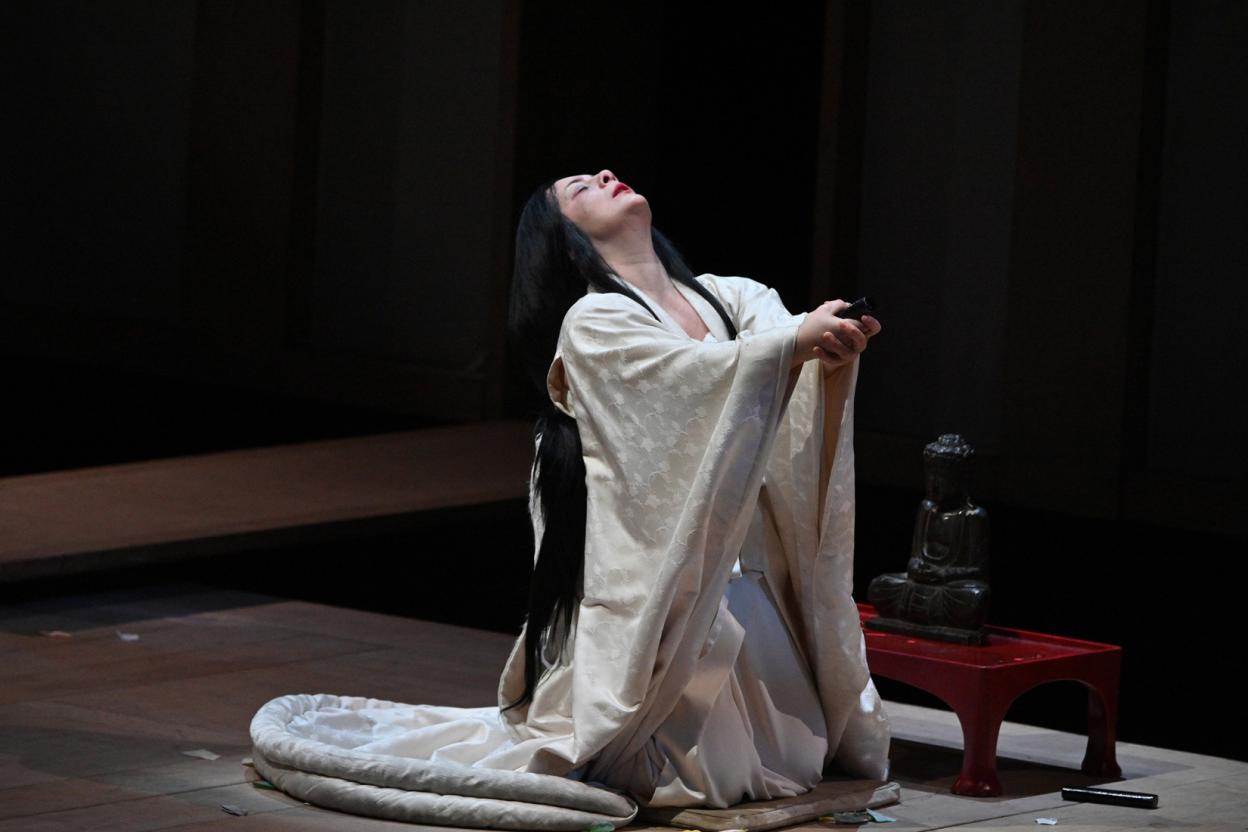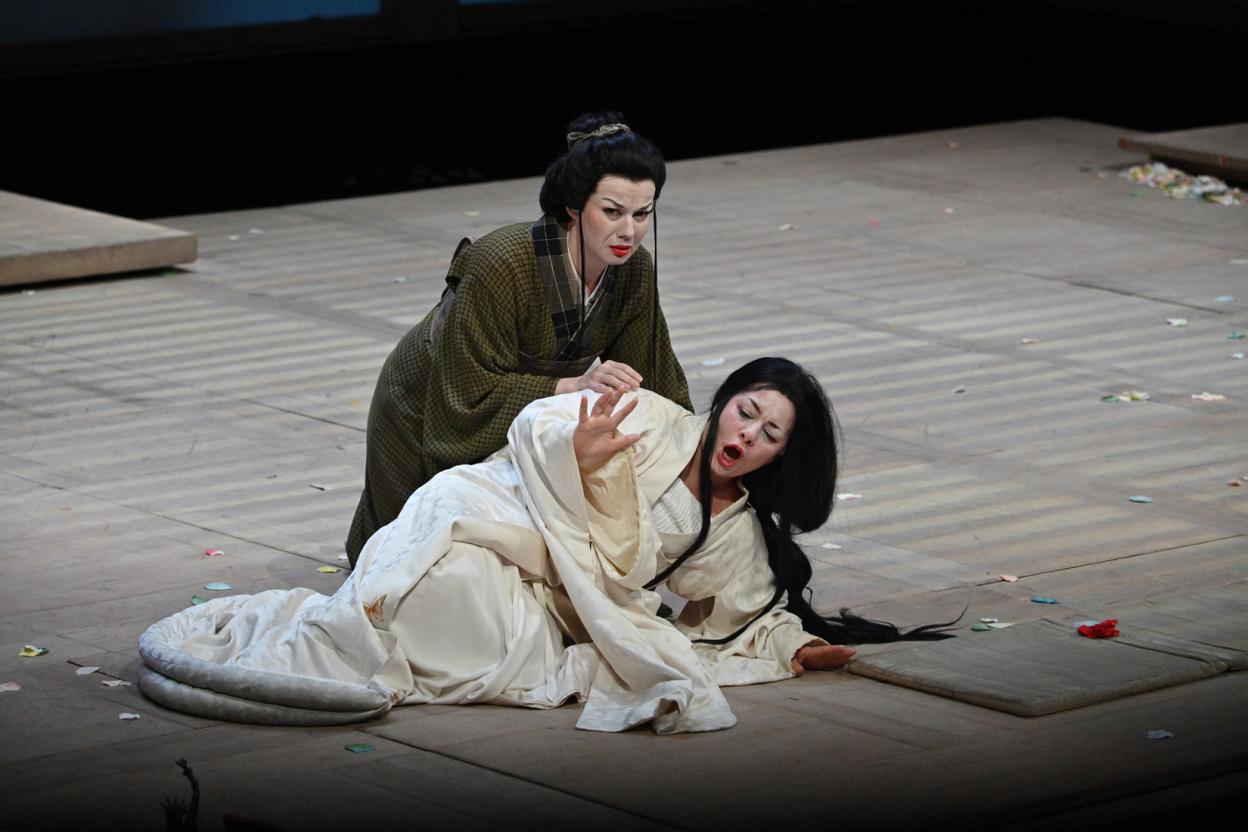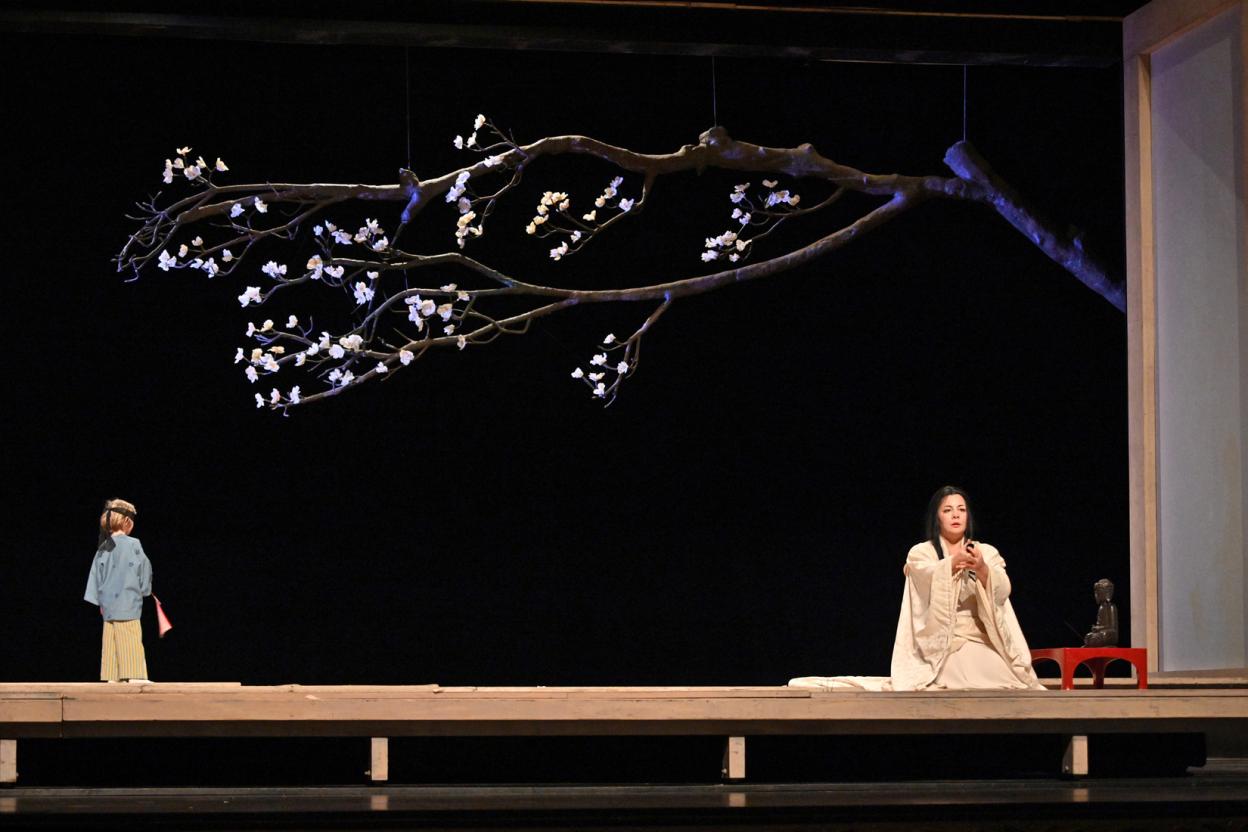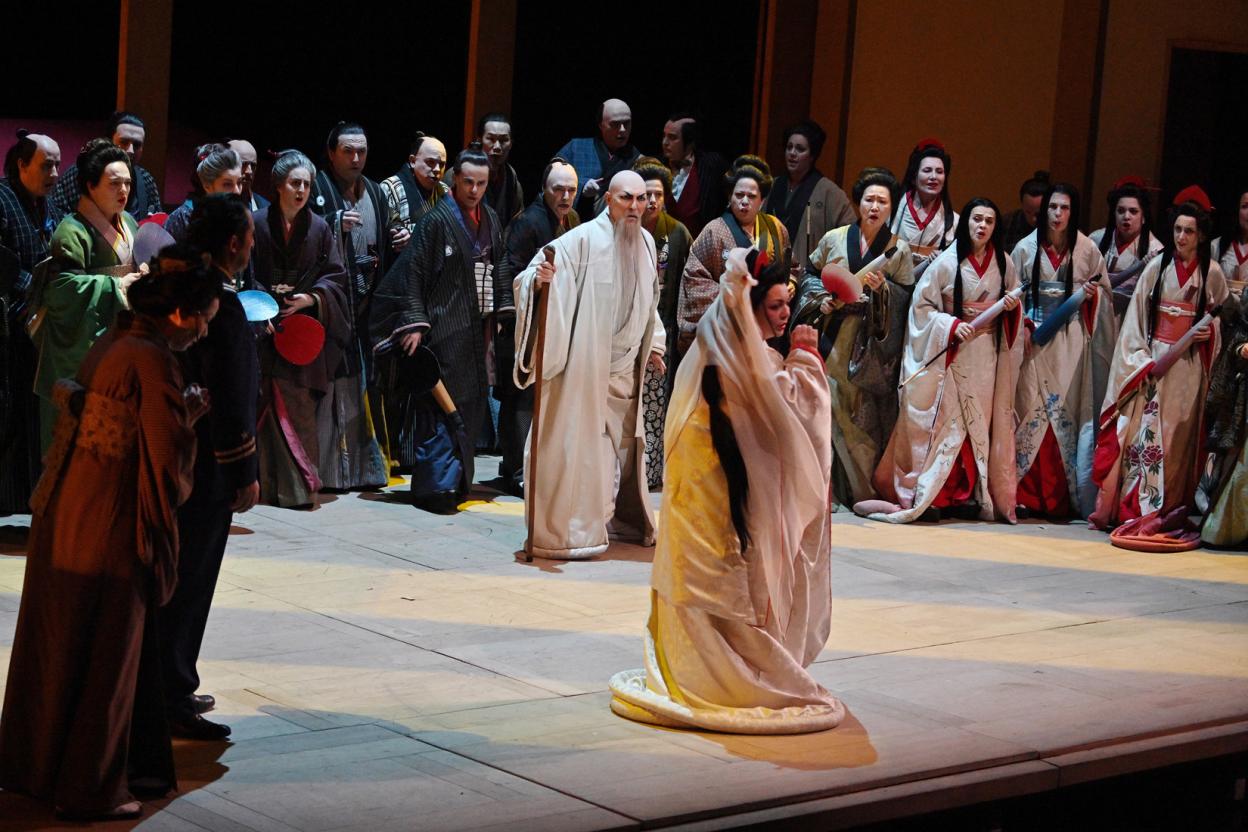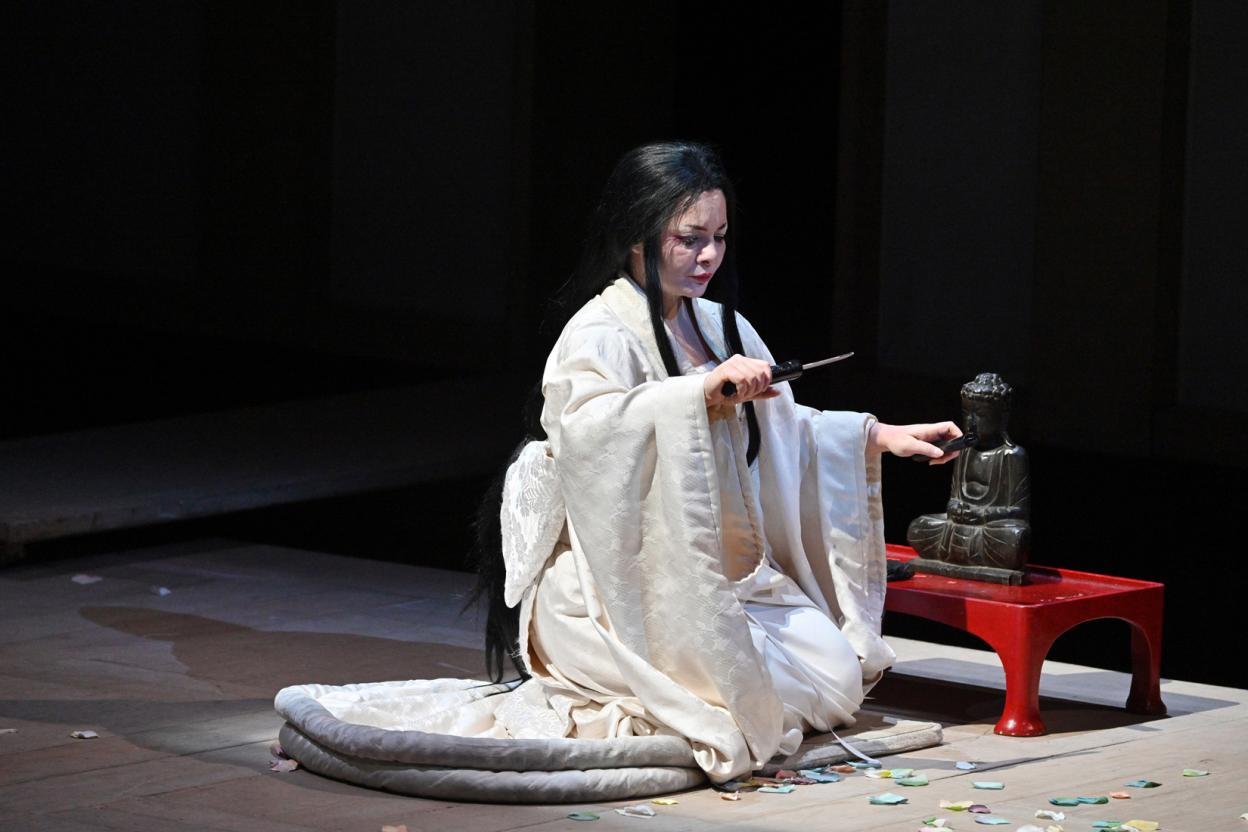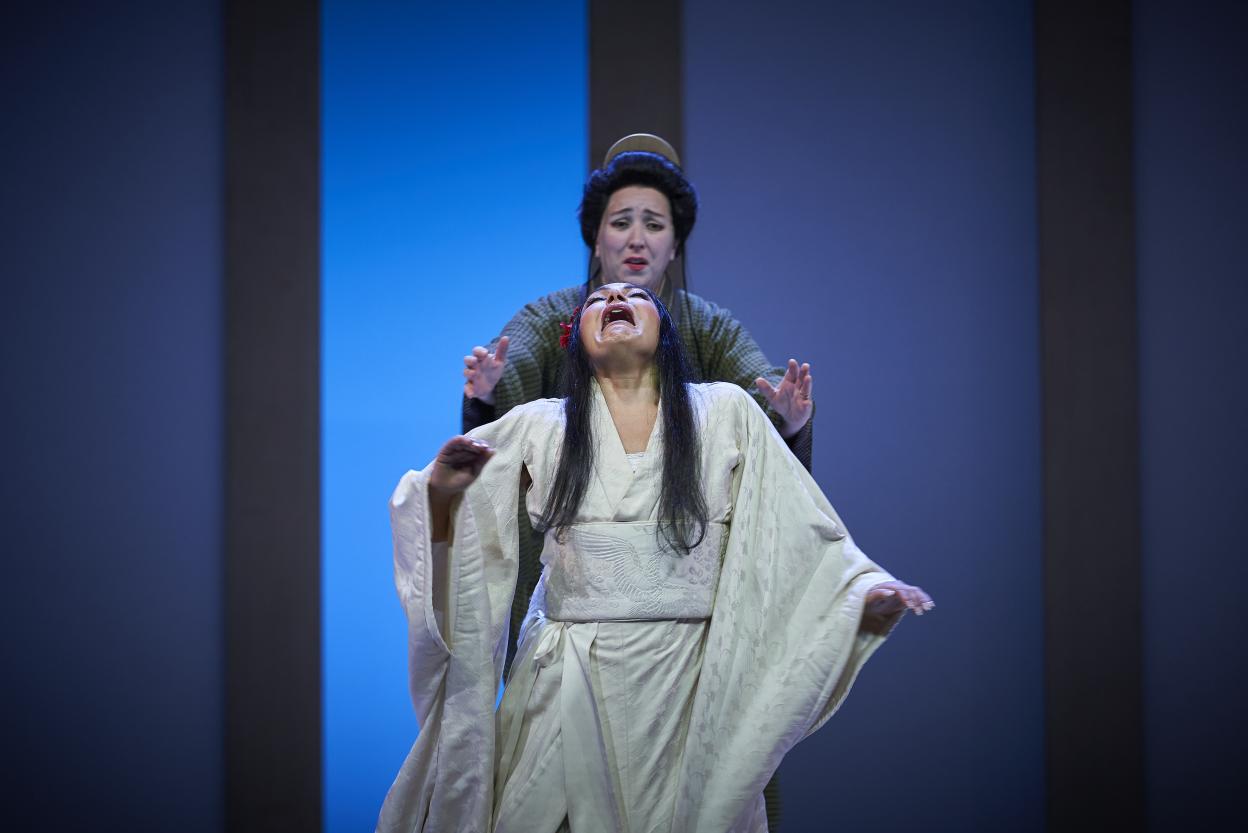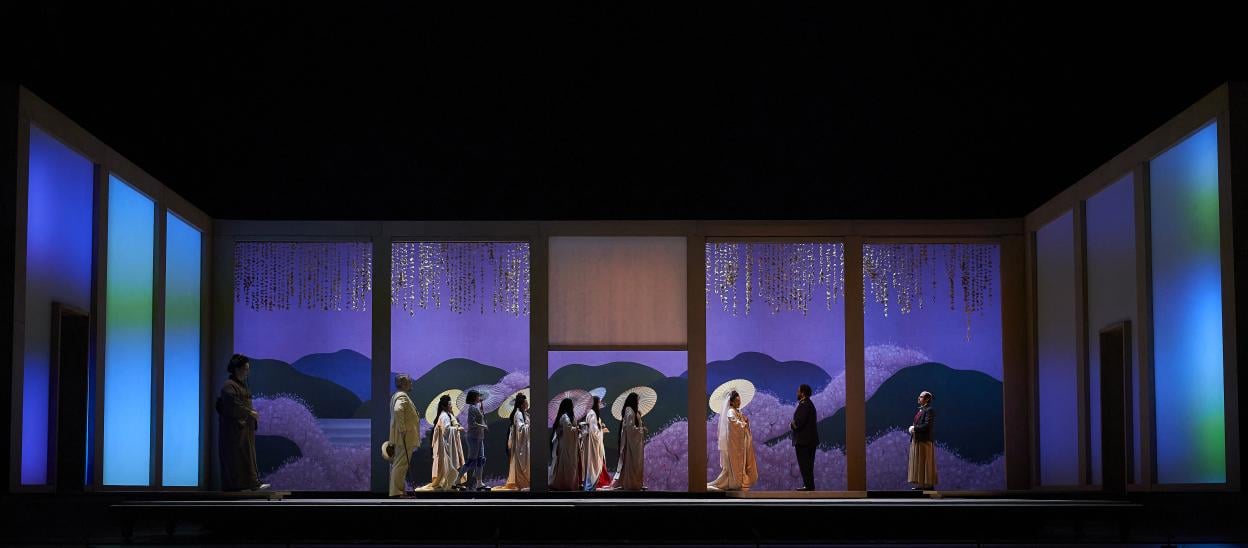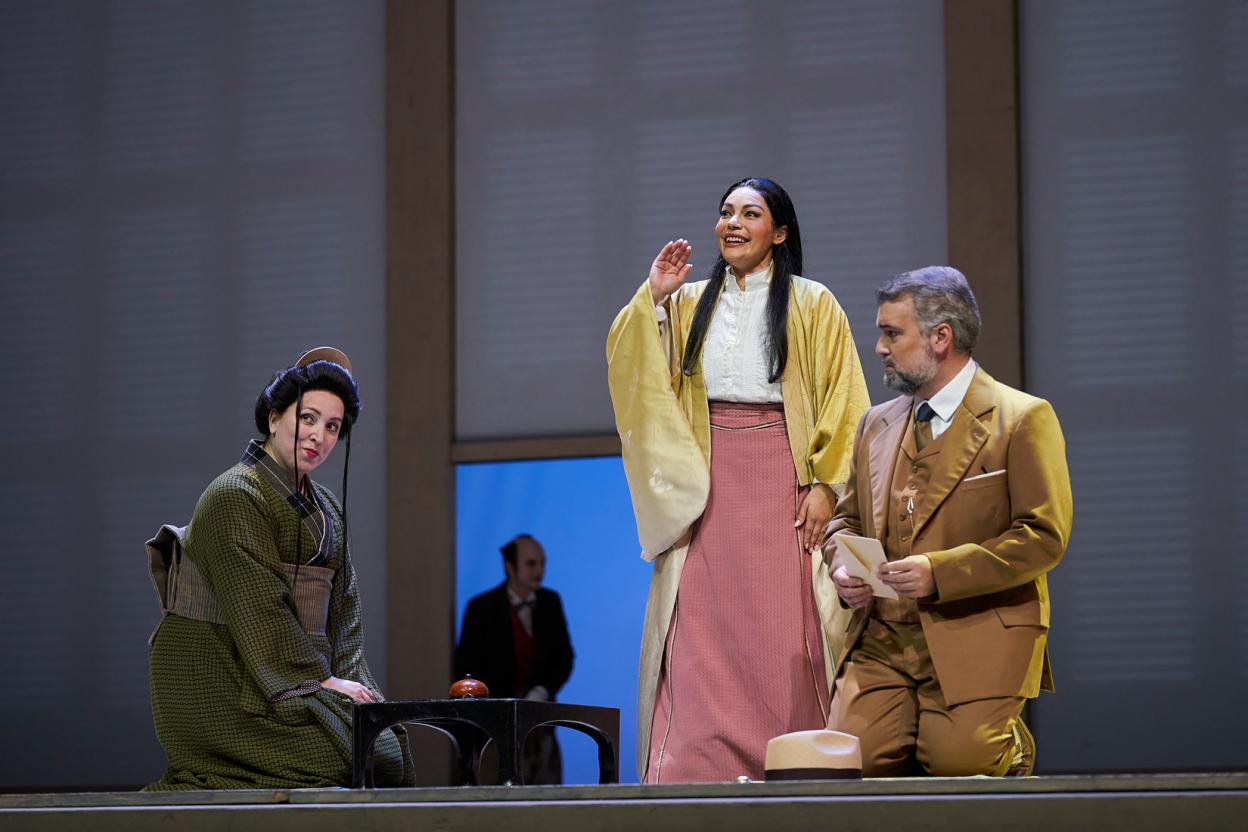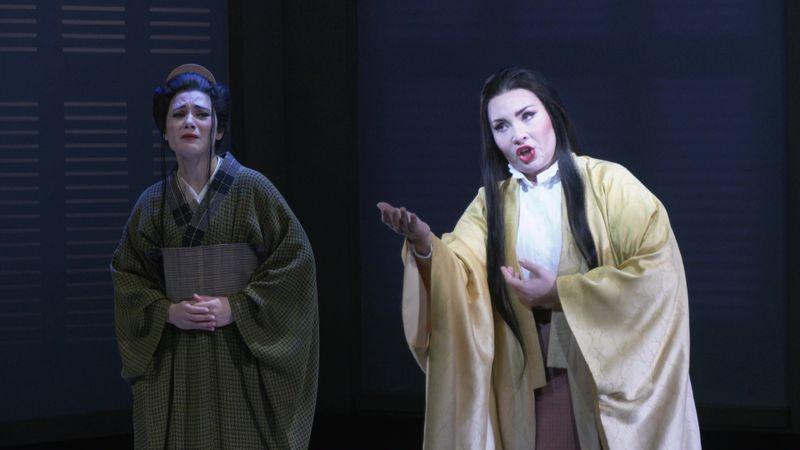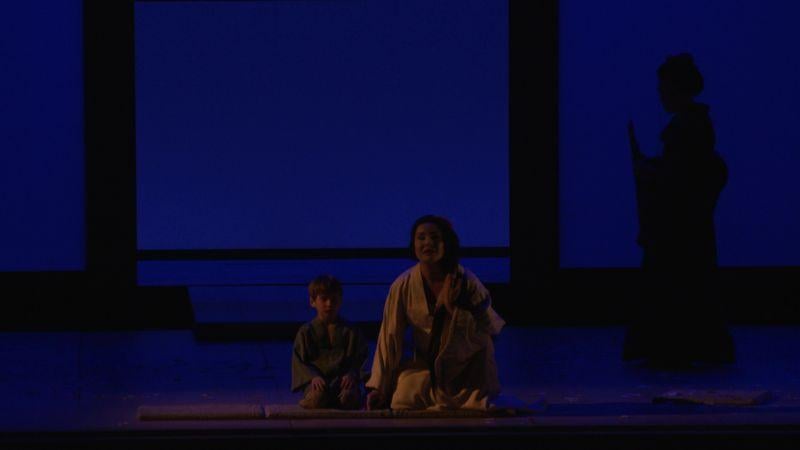One of Puccini's most beloved works in an exquisite production
"Con onor muore chi non può serbar vita con onore"
Escena final, Madama Butterfly
1630-1640: Japan establishes the "sakoku" policy, which prohibits immigration and emigration to the country and strictly limits foreign trade: the only place that maintains trade relations with Europe is Dejima, an artificial islet in Nagasaki Bay.
1853: Japan is forced to open two ports for trade with the United States as a direct consequence of the Treaty of Kanagawa, ending centuries of Japanese foreign policy of isolation and closed borders. One of the effects of opening up Japan's trade was the emergence of a pronounced interest among Western artists in Japanese decorative arts, aesthetics, clothing and handicrafts.
The Universal Exhibitions in London (1862) and Paris (1867) exhibited works by Japanese artists in Europe for the very first time. Artists such as Manet, Degas, Monet, Cassatt, Toulouse-Lautrec and van Gogh, among others, began to incorporate Japanese themes and designs into their own works: Japonisme was born.
This interest in Japan helped make Pierre Loti's works a resounding success, including the novel Madame Chrysanthème (1887), one of the sources of inspiration for Madama Butterfly. The musical field was also influenced by Japonisme: Camille Saint-Saëns's opera La Princesse Jaune (1872), Gilbert and Sullivan's opera The Mikado (1885) and Sydney Jones's operetta The Geisha (1896) are just some examples.
By adapting David Belasco's Madame Butterfly (based on a folktale by John Luther Long), which he saw in London in 1900, Puccini achieved a score that is both gargantuan and fascinating: a true masterpiece. He once again collaborated with librettists Luigi Illica and Giuseppe Giacosa (with whom he had already created La bohème and Tosca) to adapt the tragic story of Cio-Cio-San. Cio-Cio-San, the young Japanese bride of US naval officer Lieutenant Pinkerton, represents a broken dream: she believes she is embarking on a real marriage, but it is actually a short-lived romance, shattered when he abandons her shortly after they marry. She lives her life in the hope of his return; a tragic dream. She, who renounced her religion and community, learns too late that, for Pinkerton, her marriage is merely an illusion, with tragic consequences.
Three years later, Cio-Cio-San and her son, Dolore, see Pinkerton's ship in the harbour. She excitedly awaits his visit, but when Pinkerton and his American wife Kate arrive and want to take the boy to America, Cio-Cio-San says goodbye to her son and takes her own life. Although the premiere at Milan's Teatro alla Scala in 1904 was poorly received, in the same year Puccini revised the opera for performances in Brescia.
Madama Butterfly quickly became a very popular opera and remains one of Puccini's most beloved works. Leiser-Caurier's exquisite production is specifically inspired by the images of Japan in Europe during the 19th century. Sueña Yoncheva, Saioa Hernández and Ailyn Pérez will play the sad oriental heroine ready to sacrifice herself when faced with the cruel reality of betrayal.
Tragedia in three acts
Libretto by Giuseppe Giacosa and Luigi Illica based on the short story Madame Butterfly (1898) by John Luther Long.
- World premiere: 17/02/1904 at the Teatro alla Scala Milano.
- Barcelona premiere: 02/08/1907 at the Teatre del Bosc (in Spanish).
- Premiere at the Gran Teatre de Liceu: 10/12/1909.
- Last Liceu performance: 29/01/2019.
- Total number of Liceu performances: 188.
Amb el patrocini en exclusiva de:

Dates & tickets
| Exclusive function for under 35s | |||||
| Turn B | |||||
| Turn P | |||||
| Turn PE | |||||
| Turn E | |||||
| Turn PD | |||||
| Turn T | |||||
| Turn G | |||||
| Turn PC | |||||
| Turn F | |||||
| Turn PB | |||||
| Turn A | |||||
| Turn D-H | |||||
| Turn C AD |
Are you between 18 and 35 years old?
Come see Madama Butterfly on Sunday, December 8th for €30. This performance includes a mask ball.
- First act 55min
- Intermission 30min
- Second and third act 85min
Artistic profile
- Stage director
- Moshe Leiser i Patrice Caurier
- Set design
- Christian Fenouillat +
- Costume design
- Agostino Cavalca
- Lightning
- Christophe Forey
- Production
- Gran Teatre del Liceu and Royal Opera House
- Chorus of the Gran Teatre del Liceu (Pablo Assante, director)
- Symphony Orchestra of the del Gran Teatre del Liceu
- Musical director assistant
- Sergio Sáez
- Conductor
- Paolo Bortolameolli
Cast
Cast Change
- In the performance on December 27th of Madama Butterfly, soprano Carolina López Moreno will perform the role of Cio-Cio-San in place of Sonya Yoncheva, who is still affected by a severe cold. On the other hand, the role of Benjamin Franklin Pinkerton will be performed by tenor Celso Albelo, in place of Matthew Polenzani, due to medical advice.
- In the performance on December 23, the role of Cio-Cio-San will be performed by Saioa Hernández, replacing Sonya Yoncheva, due to a scheduling conflict caused by changes in the Liceu's dates.
- Soprano Sonya Yoncheva will not perform in the December 16th & 20th performances of Madama Butterfly due to a cold that prevents her from singing. Instead, we will have the pleasure of soprano Ailyn Pérez stepping in, and we deeply appreciate her willingness and generosity in taking on the role of Cio-Cio-San on this occasion. We wish Ms. Yoncheva a speedy recovery and look forward to enjoying her performance in the upcoming shows.
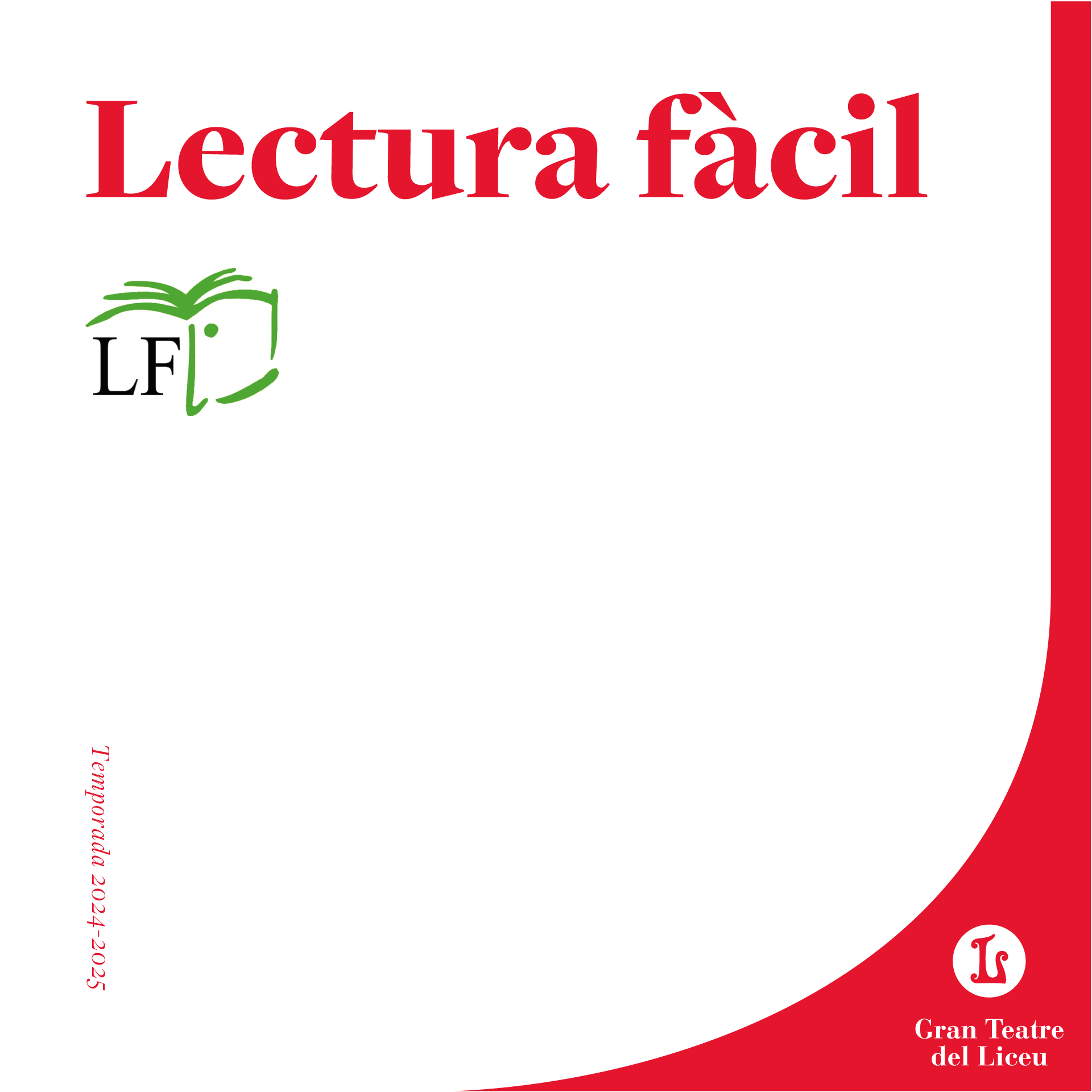
Resum de l'argument
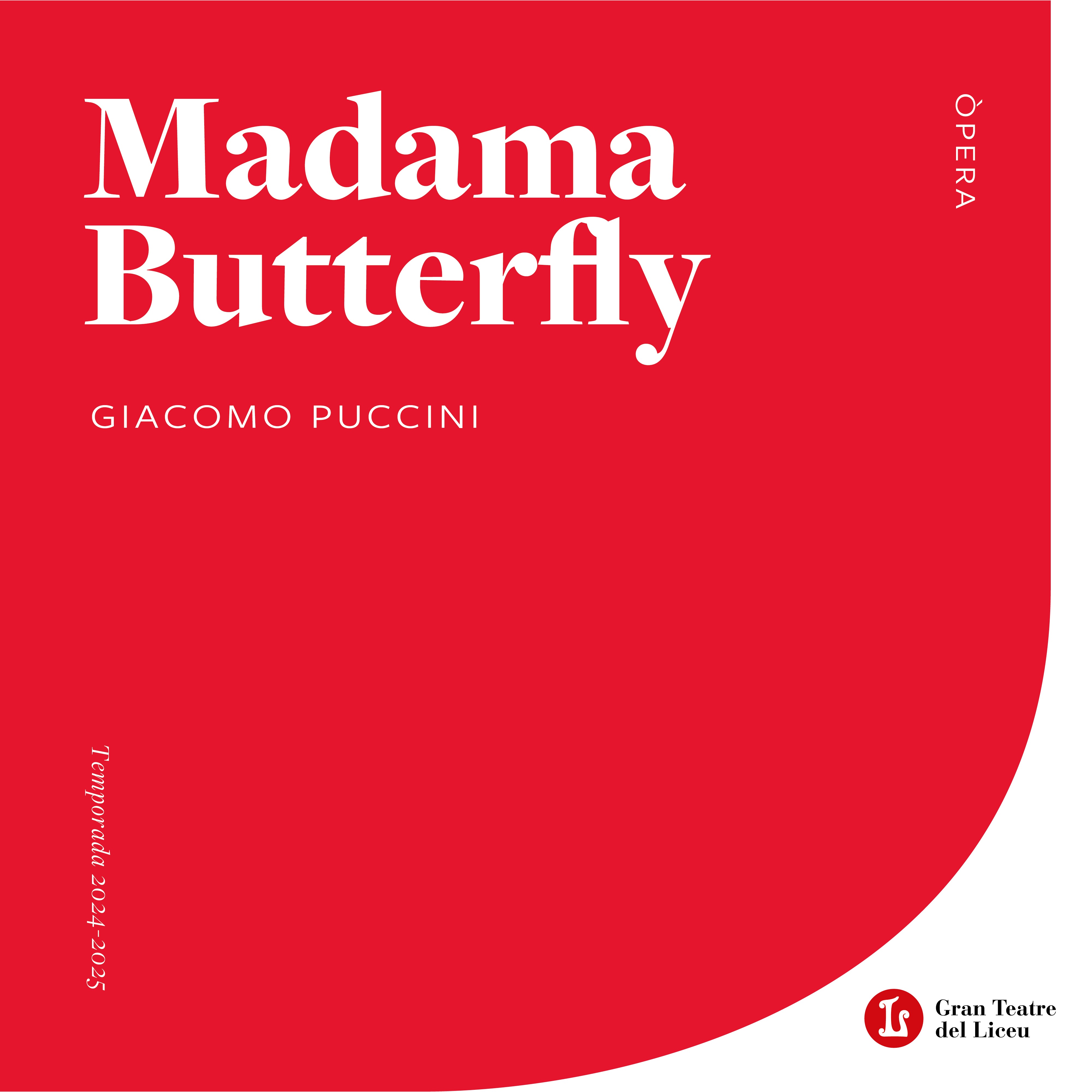
Hand program
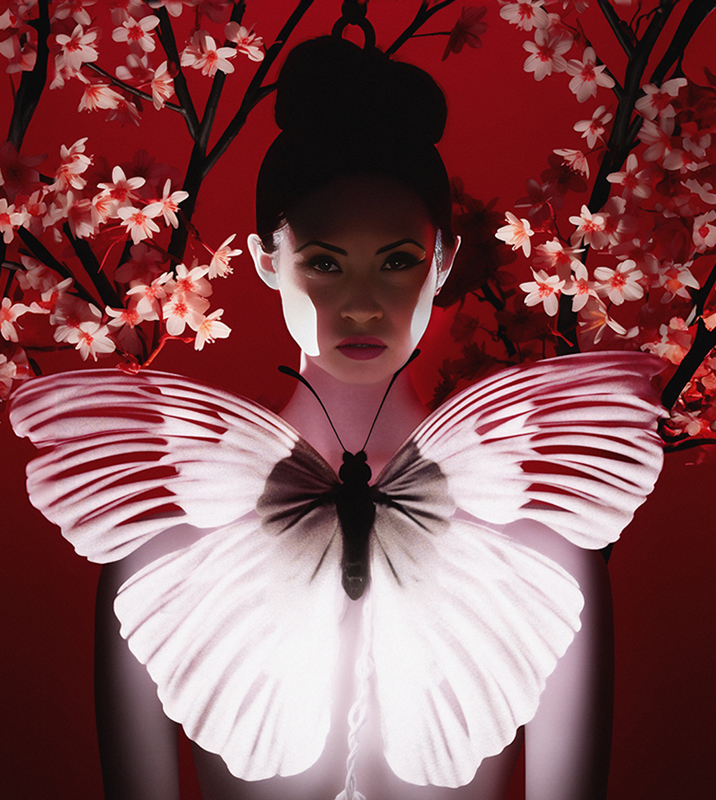

Madama Butterfly
Sunday, December 8 at 6pm.
Opera + DJ + Food Stands + Masquerade
Tickets on sale on November 7th at 3:00 PM (for LiceUnder35 community members) and at 4:00 PM for the general public (under 35 years old).
Are you between 18 and 35 years old? Join the LiceUnder 35 Community.
Get ready for 'Madama Butterfly'
More information

Broadcasts
On Monday, December 16, at 7:30 PM, Catalunya Música will broadcast Giacomo Puccini's opera Madama Butterfly live from the Gran Teatre del Liceu as part of the program "Directe a l'òpera", hosted by Xavier Montagut, Aleix Palau, and Judit Jordana.


